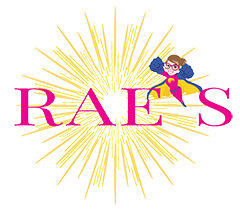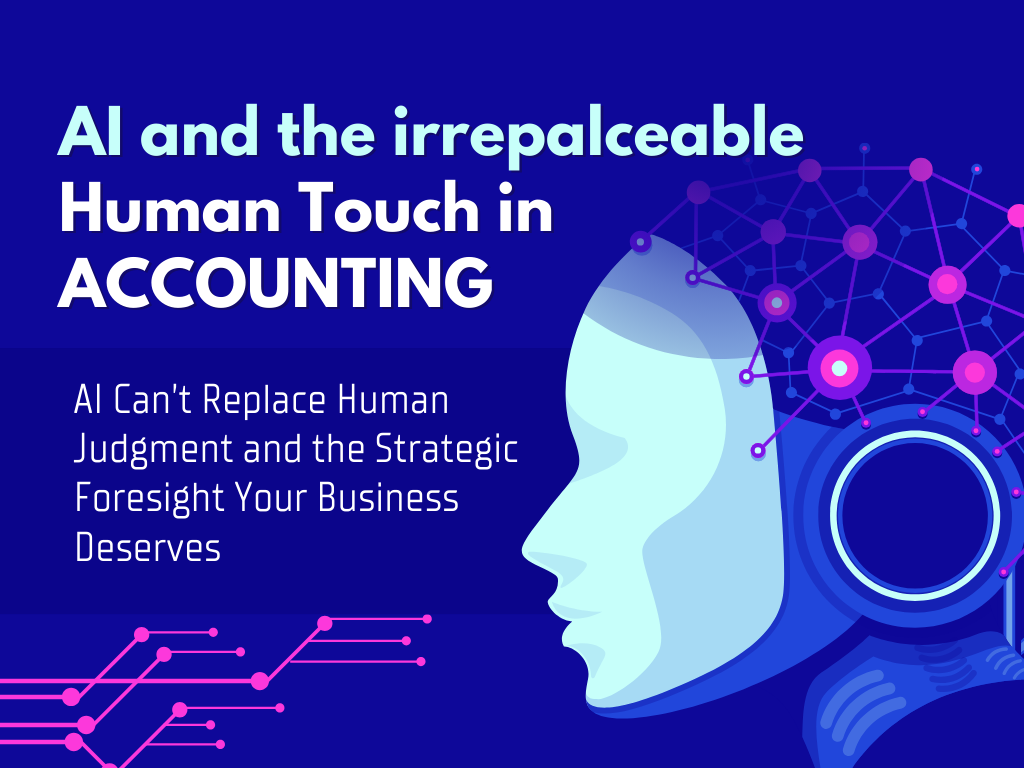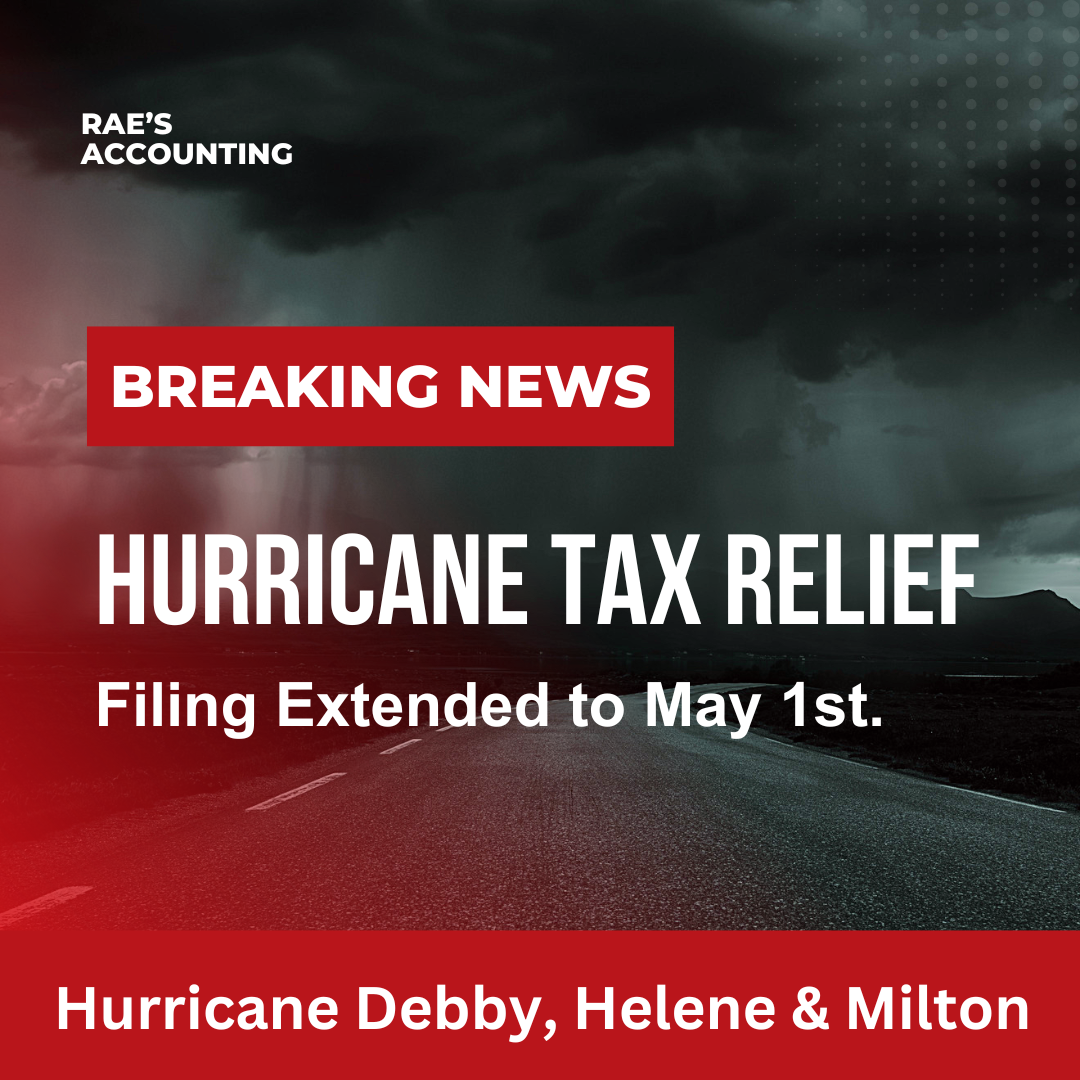Artificial intelligence and machine learning are transforming the accounting industry. But here’s the truth: accounting isn’t just about numbers — it’s about people, trust, and context.
No matter how advanced technology becomes, the role of a trusted human accountant remains irreplaceable. Here’s why:
1. Beyond the Numbers: Human Judgment and Context
AI is powerful at crunching vast amounts of data and spotting patterns. What it lacks is understanding.
A skilled accountant doesn’t just categorize transactions — they interpret them. They understand whether a sudden shift in expenses is a red flag or a natural part of a company’s growth. They consider regulatory changes, industry trends, and the unique goals of each client before offering advice.
AI can flag an unusual entry. But only an accountant can say whether it signals risk… or opportunity.
2. The Human Touch: Trust and Relationships
Money decisions are rarely just business — they’re personal. Clients need more than a software output; they need a trusted advisor who understands their goals, values, and concerns.
An accountant builds relationships through empathy, communication, and consistency. They guide clients through challenges, reassure them in times of uncertainty, and celebrate wins alongside them.
Trust is everything in accounting. And trust can’t be automated.
3. Navigating Complexity: Strategy and Ethics
AI can provide data, but it doesn’t have a moral compass. It doesn’t know when “technically legal” might also be risky or unethical.
Accountants bring ethical judgment and strategic foresight to the table. They help clients not just stay compliant with shifting regulations, but thrive within them. They consider culture, long-term goals, and human factors that no algorithm can quantify.
4. AI’s Limitations: Accuracy and Security
AI isn’t flawless. Its reliability depends on the data it’s fed, and without human oversight, even small errors can snowball into costly mistakes.
On top of that, the rise of AI introduces new cybersecurity risks. Sensitive financial data needs careful handling, with real accountability behind it. Accountants ensure data integrity, verify accuracy, and put client confidentiality first.
Conclusion: A Collaborative Future
The future of accounting isn’t about choosing between AI or people — it’s about partnership.
AI can handle repetitive processes, freeing accountants to focus on higher-value services: strategic planning, proactive tax advice, and building relationships rooted in trust.
At Rae’s Accounting, we embrace modern tools — but every number is still backed by decades of expertise and the assurance that your goals and your peace of mind come first.
Because when it comes to your financial future, you don’t just need speed.
You need judgment.
You need trust.
You need the human touch.









1.png)
.png)




_large.png)



